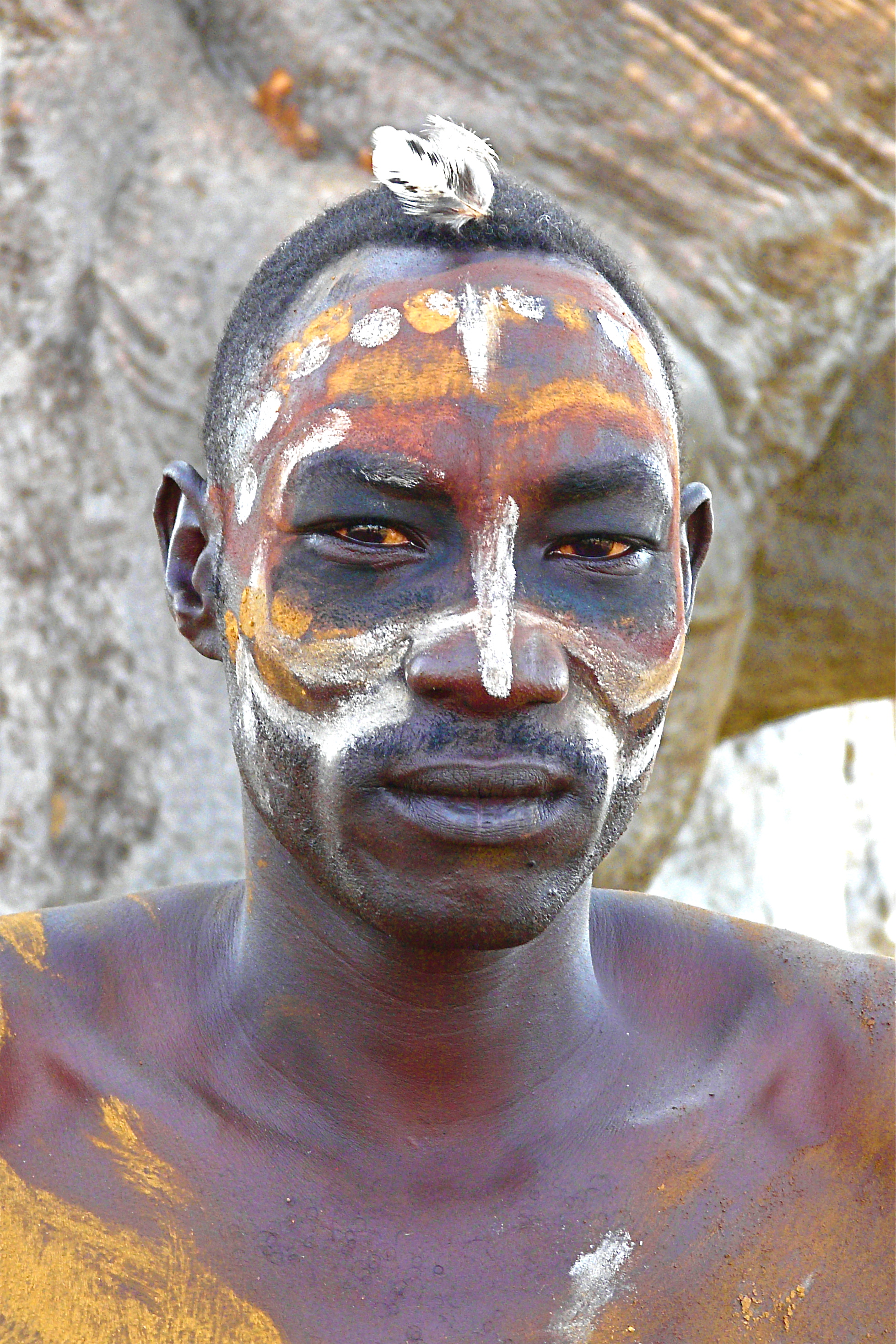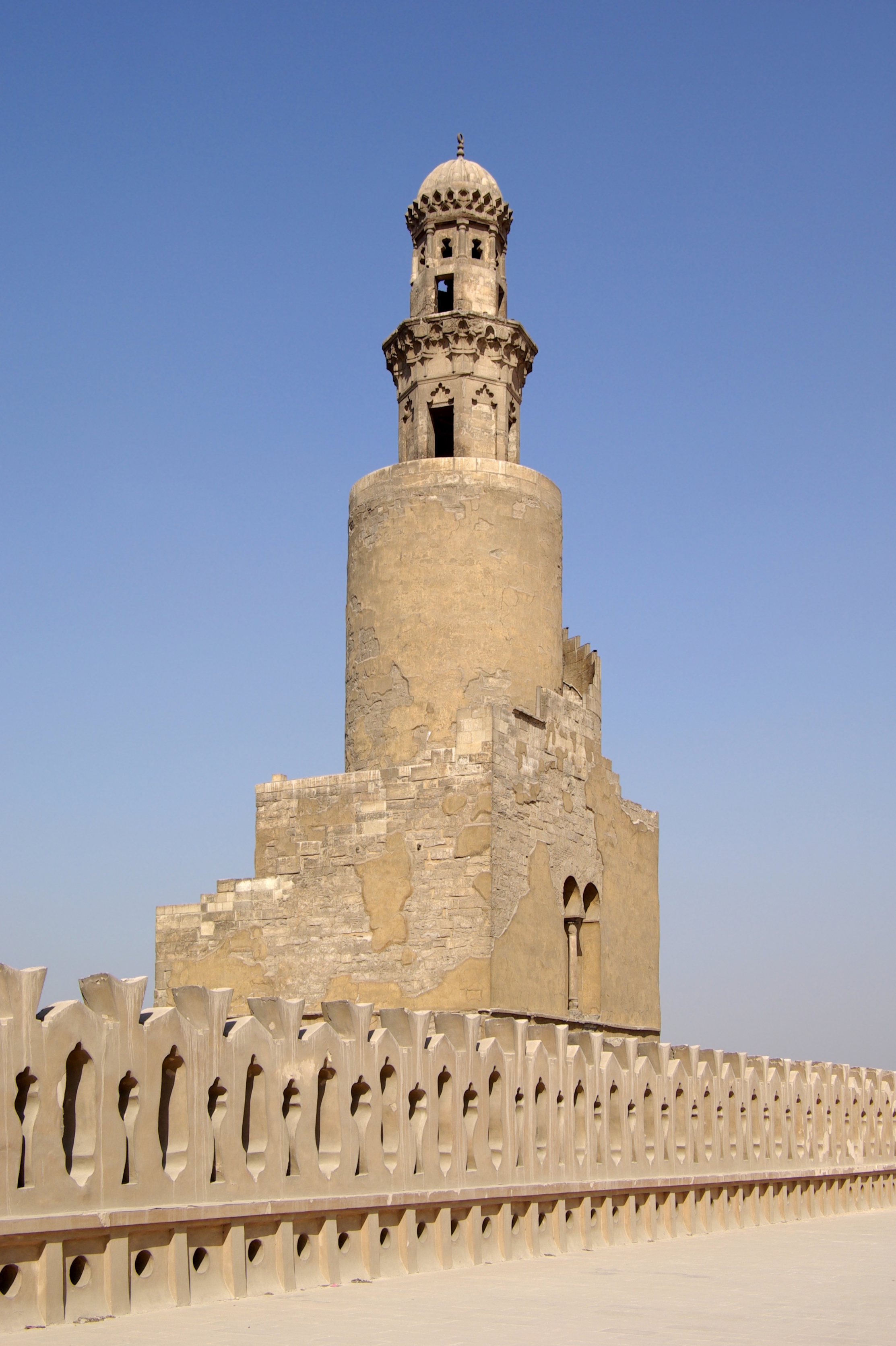|
Noba
Noba is a term found in a number of historical sources discussing ancient and Medieval Nubia. Its exact meaning is uncertain, with ancient sources themselves seeming confused about the region south of Egypt. Most likely it refers to two separate groups: the Nuba, a people from southeast of Nubia, and a people later known as the Nobatae, a group of unknown origin who invaded Nubia during the decline of Meroe and most likely founded the kingdom of Nobatia Nobatia or Nobadia (; Greek: Νοβαδία, ''Nobadia''; Old Nubian: ⲙⲓⲅⲛ̅ ''Migin'' or ⲙⲓⲅⲓⲧⲛ︦ ⲅⲟⲩⲗ, ''Migitin Goul'' lit. "''of Nobadia's land''") was a late antique kingdom in Lower Nubia. Together with the two ... and gave their name to Nubia itself. References *Lobban, Richard. "Noba." ''Historical dictionary of ancient and medieval Nubia.'' Scarecrow Press, c2004 History of Nubia Medieval Egypt es:Noba ... [...More Info...] [...Related Items...] OR: [Wikipedia] [Google] [Baidu] |
Nobatae
Nobatia or Nobadia (; Greek: Νοβαδία, ''Nobadia''; Old Nubian: ⲙⲓⲅⲛ̅ ''Migin'' or ⲙⲓⲅⲓⲧⲛ︦ ⲅⲟⲩⲗ, ''Migitin Goul'' lit. "''of Nobadia's land''") was a late antique kingdom in Lower Nubia. Together with the two other Nubian kingdoms, Makuria and Alodia, it succeeded the kingdom of Kush. After its establishment in around 400, Nobadia gradually expanded by defeating the Blemmyes in the north and incorporating the territory between the second and third Nile cataract in the south. In 543, it converted to Coptic Christianity. It would then be annexed by Makuria, under unknown circumstances, during the 7th century. History The kingdom of Nobatia had been founded in the former Meroitic province of ''Akine'', which comprised large parts of Lower Nubia and is speculated to have been autonomous already before the ultimate fall of the Meroitic kingdom in the mid 4th century. While the Nobatae had been invited into the region from the Western Desert ... [...More Info...] [...Related Items...] OR: [Wikipedia] [Google] [Baidu] |
Nobatia
Nobatia or Nobadia (; Greek: Νοβαδία, ''Nobadia''; Old Nubian: ⲙⲓⲅⲛ̅ ''Migin'' or ⲙⲓⲅⲓⲧⲛ︦ ⲅⲟⲩⲗ, ''Migitin Goul'' lit. "''of Nobadia's land''") was a late antique kingdom in Lower Nubia. Together with the two other Nubian kingdoms, Makuria and Alodia, it succeeded the kingdom of Kush. After its establishment in around 400, Nobadia gradually expanded by defeating the Blemmyes in the north and incorporating the territory between the second and third Nile cataract in the south. In 543, it converted to Coptic Christianity. It would then be annexed by Makuria, under unknown circumstances, during the 7th century. History The kingdom of Nobatia had been founded in the former Meroitic province of ''Akine'', which comprised large parts of Lower Nubia and is speculated to have been autonomous already before the ultimate fall of the Meroitic kingdom in the mid 4th century. While the Nobatae had been invited into the region from the Western Desert ... [...More Info...] [...Related Items...] OR: [Wikipedia] [Google] [Baidu] |
Nubia
Nubia () (Nobiin: Nobīn, ) is a region along the Nile river encompassing the area between the first cataract of the Nile (just south of Aswan in southern Egypt) and the confluence of the Blue and White Niles (in Khartoum in central Sudan), or more strictly, Al Dabbah. It was the seat of one of the earliest civilizations of ancient Africa, the Kerma culture, which lasted from around 2500 BC until its conquest by the New Kingdom of Egypt under Pharaoh Thutmose I around 1500 BC, whose heirs ruled most of Nubia for the next 400 years. Nubia was home to several empires, most prominently the Kingdom of Kush, which conquered Egypt in the eighth century BC during the reign of Piye and ruled the country as its 25th Dynasty (to be replaced a century later by the native Egyptian 26th Dynasty). From the 3rd century BC to 3rd century AD, northern Nubia would be invaded and annexed to Egypt, ruled by the Greeks and Romans. This territory would be known in the Greco-Roman world as Dodekasc ... [...More Info...] [...Related Items...] OR: [Wikipedia] [Google] [Baidu] |
History Of Nubia
Nubia () (Nobiin: Nobīn, ) is a region along the Nile river encompassing the area between the first cataract of the Nile (just south of Aswan in southern Egypt) and the confluence of the Blue and White Niles (in Khartoum in central Sudan), or more strictly, Al Dabbah. It was the seat of one of the earliest civilizations of ancient Africa, the Kerma culture, which lasted from around 2500 BC until its conquest by the New Kingdom of Egypt under Pharaoh Thutmose I around 1500 BC, whose heirs ruled most of Nubia for the next 400 years. Nubia was home to several empires, most prominently the Kingdom of Kush, which conquered Egypt in the eighth century BC during the reign of Piye and ruled the country as its 25th Dynasty (to be replaced a century later by the native Egyptian 26th Dynasty). From the 3rd century BC to 3rd century AD, northern Nubia would be invaded and annexed to Egypt, ruled by the Greeks and Romans. This territory would be known in the Greco-Roman world as Dodekasch ... [...More Info...] [...Related Items...] OR: [Wikipedia] [Google] [Baidu] |
Egypt
Egypt ( ar, مصر , ), officially the Arab Republic of Egypt, is a transcontinental country spanning the northeast corner of Africa and southwest corner of Asia via a land bridge formed by the Sinai Peninsula. It is bordered by the Mediterranean Sea to the north, the Gaza Strip of Palestine and Israel to the northeast, the Red Sea to the east, Sudan to the south, and Libya to the west. The Gulf of Aqaba in the northeast separates Egypt from Jordan and Saudi Arabia. Cairo is the capital and largest city of Egypt, while Alexandria, the second-largest city, is an important industrial and tourist hub at the Mediterranean coast. At approximately 100 million inhabitants, Egypt is the 14th-most populated country in the world. Egypt has one of the longest histories of any country, tracing its heritage along the Nile Delta back to the 6th–4th millennia BCE. Considered a cradle of civilisation, Ancient Egypt saw some of the earliest developments of writing, agriculture, ur ... [...More Info...] [...Related Items...] OR: [Wikipedia] [Google] [Baidu] |
Nuba
The Nuba people are indigenous inhabitants of central Sudan. Nuba are various indigenous ethnic groups who inhabit the Nuba Mountains of South Kordofan state in Sudan, encompassing multiple distinct people that speak different languages which belong to at least two unrelated language families. In 2011 when Southern part of Sudan become independent State as a country with Sovereignty, Nuba is currently living in the Southern part of Sudan. Estimates of the Nuba population vary widely; the Sudanese government estimated that they numbered 2.07 million in 2003. The term should not be confused with the Nubians, an unrelated ethnic group speaking the Nubian languages living in Northern Sudan and Southern Egypt, although the Hill Nubians, who live in the Nuba Mountains, are also considered part of the Nuba peoples. Description Dwellings The Nuba people reside in the foothills of the Nuba Mountains. Villages consist of family compounds, and the men's (''Holua'') in which unmarried me ... [...More Info...] [...Related Items...] OR: [Wikipedia] [Google] [Baidu] |
Medieval Egypt
Following the Muslim conquest of Egypt, Islamic conquest in 639, Lower Egypt was ruled at first by governors acting in the name of the Rashidun Caliphs and then the Umayyad Caliphs in Damascus, but in 747 the Umayyads Abbasid Revolution, were overthrown. Throughout Islamic rule, Al-Askar, Askar was named the capital and housed the ruling administration. The conquest led to two separate provinces all under one ruler: Upper Egypt, Upper and Lower Egypt. These two very distinct regions were governed by the military and followed the demands handed down by the governor of Egypt and imposed by the heads of their communities. Egypt was ruled by many dynasties from the start of Islamic control in 639 until the early 16th century. The Umayyad period lasted from 658 to 750. The Abbasid period which came after was much more focused on taxes and centralizing power. In 868, the Tulunids, ruled by Ahmad ibn Tulun, expanded Egypt's territory into the Levant. He would rule until his death in 884 ... [...More Info...] [...Related Items...] OR: [Wikipedia] [Google] [Baidu] |





